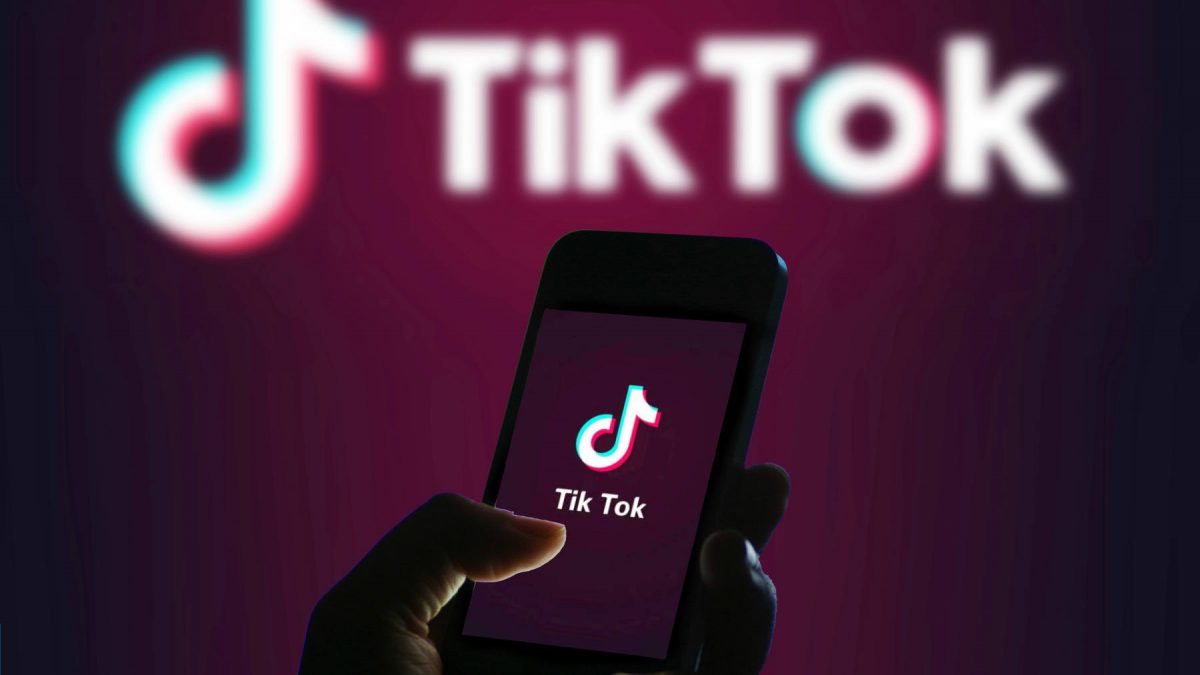TikTok: New Problems

March 6, 2023
This popular video on social media does not overcome fear. The conflict shaping the relationship between China and the U.S.-led Western alliance has deep roots, from which even proposals designed to please cannot escape. TikTok, the Chinese service, has been in the West for more than two years, and this estimate is part of a privacy policy that has raised doubts in Europe and the United States.
Early last November, this site did just that. And it did so with the promise that it wants to change its privacy policy in the European Economic Area with the United Kingdom and Switzerland. This statement of intent is intended to make TikTok’s user information system transparent and, above all, to allay the suspicions of Western governments. However, according to the latest developments, things are not going well for it.
European Commission against TikTok?
The new privacy policy that came into force in Europe last November 3 has not eliminated in one fell swoop the problems faced by this social network on this side of the Atlantic. TikTok acknowledged that its workers in China had access to the data of European users and promised that this information would be covered from that moment under the umbrella of the General Data Protection Regulation.
Sounds good, but it has not been enough. A few hours ago, the newspaper Politico revealed that the European Commission has banned all its staff from using TikTok. This ban came into force this morning, and not only involves the official cell phones used by these people to work; they will also have to delete this app from their smartphones if they have installed on them any tool, they need to perform their professional responsibilities. The new ban also means that European Commission staff will not be able to use the app to share videos on their devices, including phones using EU communications equipment.
Users must uninstall the app immediately and must do so by March 15. After the news was announced, EU Industry Commissioner Thierry Breton noted the cybersecurity risk that he believes led to the decision. “As an institution, the European Commission, since its creation, has been focused on cybersecurity, to protect our partners and, of course, all those who work here in the Commission,” Breton told reporters.
Sonya Gospodinova, an EU spokeswoman, said that the European Commission’s Management Board, the EU’s executive body, had decided for security reasons.”The measure aims to protect the Commission against cybersecurity threats and actions that could be exploited to carry out cyberattacks against the Commission’s corporate environment,” she explained.
There was no immediate comment on whether other EU institutions, such as the European Council, which represents member states, or the European Parliament would adopt similar measures. Following the announcement, TikTok said it considered the decision “wrong.” “We are disappointed with this decision, which we believe is wrong and supported by fundamental misunderstandings,” a spokesperson for the Chinese-owned firm said. In November, TikTok admitted that some staff in China can access European user data. However, the company denies that the Chinese government has any control or access.
TikTok CEO Shou Zi Chew was in Brussels last month for talks with EU officials, during which they warned TikTok to ensure the security of European user data. The company has said it is setting up centers in Europe to store user data locally and has promised to further reduce employee access to data. TikTok also promised last year to store U.S. user data in the United States to allay Washington’s concerns. The European Union has taken a hard line with tech companies, passing two major laws to ensure that social media platforms adhere to the bloc’s rules on digital.
Brussels has been focusing its attention on TikTok and the other technology giants for some time now, and in this context, it threatened a ban on its use in the European Union if it does not prevent minors from having access to potentially deadly videos” and if it does not prevent user data from being transferred to third countries.
The Digital Services Act (DSA) forces social media platforms, online marketplaces, and search engines to react more quickly to remove content deemed contrary to EU regulations.
Prohibition in the United States
Donald Trump’s administration was not wasting the legislature on niceties. In September 2020, the Department of Commerce approved a regulation that purposely banned TikTok and WeChat from flashing across the country. Nor did the activity that a few days earlier Oracle announced a treaty making it the technological shareholder of TikTok free this social network from the suspicions of the Trump government.
A few days later, these two Chinese apps managed to circumvent the withdrawal, arguing before the courts that the choice of the Executive and the depository was contrary to the First Amendment to the Constitution of the United States, which, broadly speaking, defends the freedom of religion, lamination, and the right to exempt assembly. However, what freed TikTok from the recall was the effective settlement of the training of its U.S. acquisition from Oracle and Walmart.
The controversy in the U.S. over the use of the Chinese app has worsened following the recent revelation that ByteDance, the company that owns TikTok, used the social network to spy on journalists. Last month, the Dutch government advised civil servants to stay away from the app for similar reasons.
Is TikTok censored?
In November 2022, the head of the U.S. Federal Bureau of Investigation (FBI) promised that “the Chinese government can (…) monitor proposals for an algorithm that can be used to influence the process.”
In other words, Beijing may be trying to trick TikTok users with posts promoting the app. Adding to these concerns is the fact that TikTok’s Douyin app, which is only available in China, has been heavily scrutinized and appears to be designed to promote the dissemination of health and education content.








